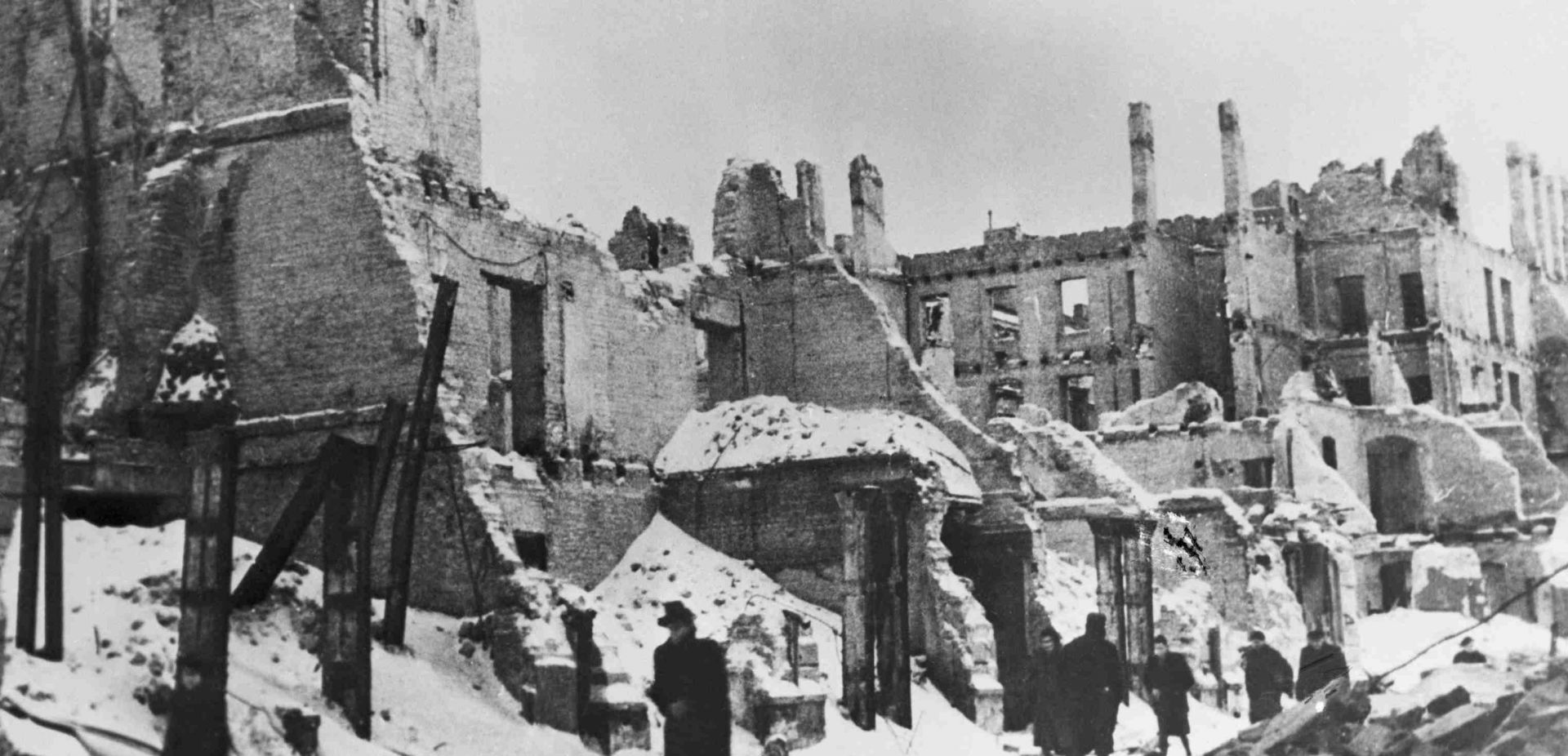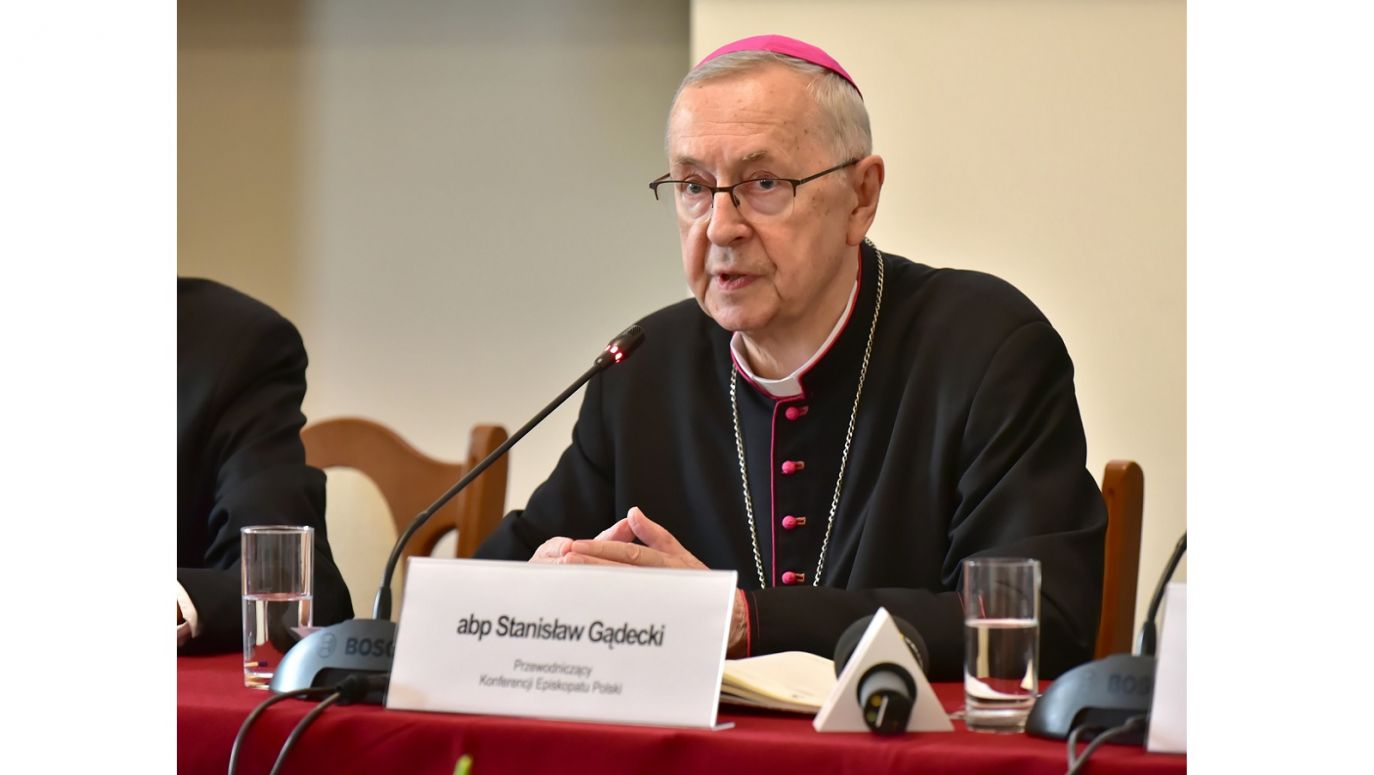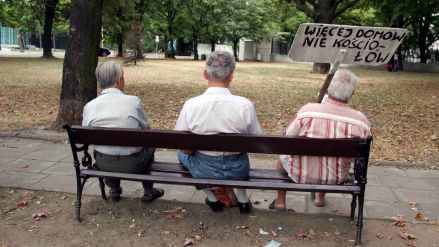This decisive move by the President of the Polish Bishops’ Conference is worthy of attention, understanding and even promotion. The quoted sentence, by the way, comes from the writings of Pope John Paul II (Message for the celebration of the XXX World Day of Peace, 1 January 1997), who was one of the signatories of the historic letter of the Polish bishops to the German bishops of 18 November 1965.
Forgiveness and justice
– Years later, we can say that that document proved prophetic. It began a process of reconciliation between Poles and Germans, without ignoring the crimes that had been committed, without forgetting the victims and without closing ourselves with a sense of the wrongs suffered – Archbishop Gądecki wrote. – Now, the issues raised in the government report – he declared – “should be seen in the context of the long-standing process of Polish-German reconciliation”, the beginning of which was the 1965 letter from the Polish bishops to the German bishops.
Archbishop Gądecki made the statement himself, in his own name, and in doing so made at least a few moves. First of all, he clearly expressed his support for the initiative, while at the same time dissociating himself from its implementation: “state institutions are called upon to decide on the practical forms of restoration of justice” – he wrote plainly, because “the task of the Church is to remind us of the value of conversion, forgiveness and reconciliation”. On both sides we have a desire “that the two reconciled peoples, Polish and German, look towards a better future”.
 SIGN UP TO OUR PAGE
SIGN UP TO OUR PAGE 
As President of the Polish Bishops’ Conference, Archbishop Gądecki has no authority over bishops and parish priests, but he clearly reminded them with this statement of who has what tasks – in political life, mercy and forgiveness must be accompanied by prudence and justice.
This is what the editor of the German Catholic weekly “Die Tagespost” emphasised. “In the debate about the Polish government’s demands for war reparations from Berlin, the president of the Polish Bishops’ Conference subtly embarrassed the German bishops” – says Regina Einig. In her editorial she writes: “That there is no contradiction between forgiveness and justice is a deft formulation that no German bishop would deny”. That Archbishop Stanislaw Gądecki supports the government’s move to have “state institutions decide on the practical forms of restoring justice is not surprising”.

 SIGN UP TO OUR PAGE
SIGN UP TO OUR PAGE  As President of the Polish Bishops’ Conference, Archbishop Gądecki has no authority over bishops and parish priests, but he clearly reminded them with this statement of who has what tasks – in political life, mercy and forgiveness must be accompanied by prudence and justice.
As President of the Polish Bishops’ Conference, Archbishop Gądecki has no authority over bishops and parish priests, but he clearly reminded them with this statement of who has what tasks – in political life, mercy and forgiveness must be accompanied by prudence and justice.






